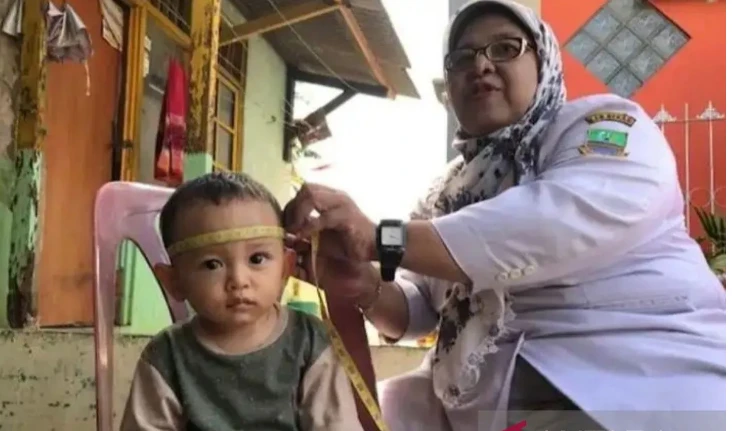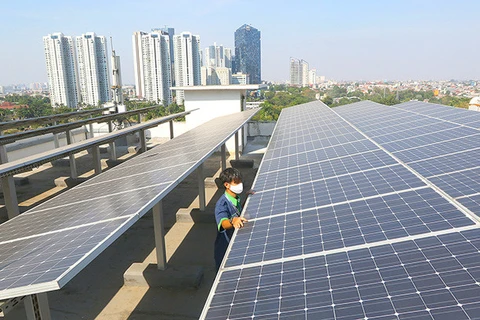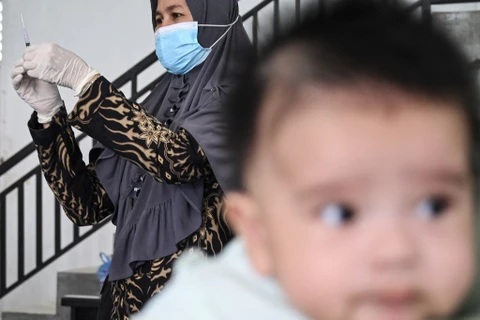
Jakarta (VNA) - Indonesia is using the Electronic Community-Based Nutrition Recording and Reporting Application (EPP-GBM) for triangulation to support stunting prevention efforts in the country, reported Antara news agency.
Coordinating Minister for Human Development and Culture Muhadjir Effendy said they will triangulate the survey results from the Indonesian Health System with the EPP-GBM results, which are now being carried out simultaneously.
EPP-GBM is a community-based recording and reporting mechanism that uses electronic technology. It has been implemented simultaneously at 330,881 integrated health posts (posyandus) in Indonesia since June with the help of trained personnel who are monitoring nutrition of 90% of toddlers and pregnant women to obtain a valid picture of the current stunting situation in Indonesia.
Stunting prevalence in Indonesia was recorded at 37% in 2014. It has been reduced to 21% of the total population of children under five in the last 9 years. However, stunting reduction was relatively small at 0.1% last year.
According to Effendy, data on stunting will help adjust government policies to improve people's health and reduce this condition./.






















